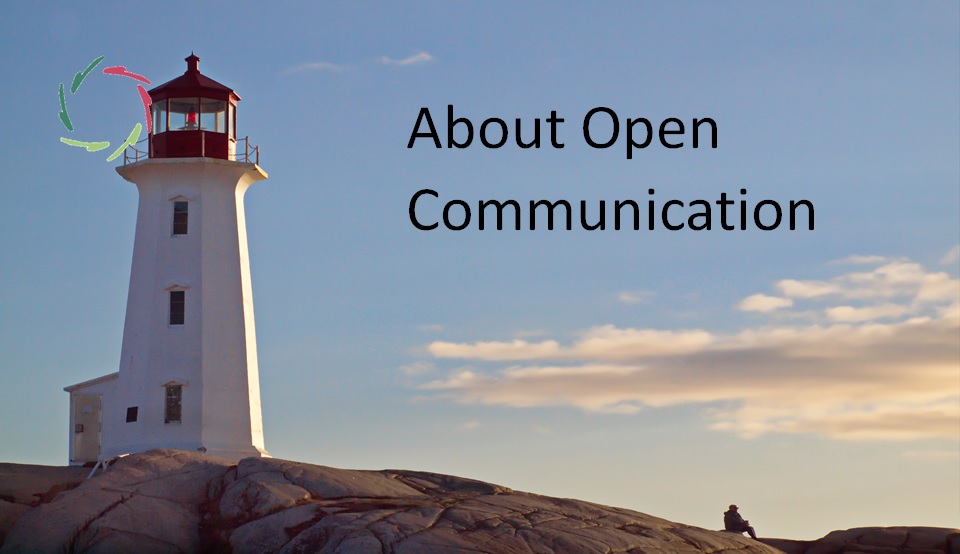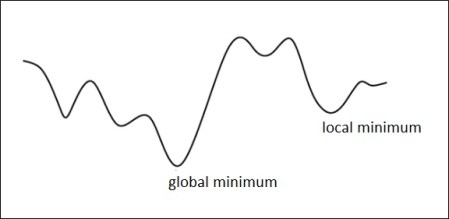About Open Communication

Open Communication ― encompassing the subconceptual ― is like opening doors together with another person and you don’t know what lies behind them.
Please read [see: “Deep Listening”], [see: “About ‘Subconceptual’“]
Towards empathy-beyond
In Open Communication, Openness is empathy beyond the conceptual. It is also the aim of such empathy. [see: “Empathy in 1, 2, 3 – Part 3: ‘Beyond the Conceptual’”]
This is not a simple thing to reach, nor to have reached. [see: “Growing towards AURELIS Coach”]
Frighteningly open?
People may be afraid to lose through your Open Communication what is important to them.
Rightfully so ― they should not lose anything deeply meaningful through any Openness. Whatever meaningful could they lose? Well, plainly, to start with, meaningfulness itself if this is hanging on a loose thread of socially constructed concepts.
For instance, what could be lost for a primitive tribe performing a necessary rain dance or for a modern subculture in awe of a populist leader? Or anything in-between? In any case, much more than most people are aware of. It may be correct to lose what gets lost, but that is not the whole story.
Wanted: being able to cope
If this scares you a bit, that’s all right. As an open communicator, at least one needs to be able to handle for oneself what comes up in any open situation. This is not straightforward. It’s a reason why not just anyone should go into the field of open coaching.
It carries responsibility, also for an Open Leader, for instance. [see: “Open Leadership: from Chaotic to Open”]
This is called ‘wisdom.’
One cannot learn this from a book, a workshop, or even a University course ― unless the professor is a genius in human insight ― which exists. It asks for tremendous humility. Otherwise, chaos is continually lurking in Openness. This should be avoided by building on a solid, in-depth basis. Again, this demands wisdom and a lot of work.
It should appear simple. It shouldn’t be simple.
Local vs. global minimum in a mental landscape

Open Communication can be seen as a search for the global minimum in one’s landscape concerning the topic of communication. Less is more. A minimum lies where little stands in the way of touching the deeper ground. Local minima are avoided by staying open to alternatives.
There is a deeper goal to Openness, a genuine search, and the feeling when something worthwhile has been reached. Therefore, ethics is crucial. Openness is part of this.
As a rule of thumb, Openness should lead to more Inner Strength. This is found in more global minima leading to more stability, thus a more robust foundation upon which a bigger house can be built.
Wanted: consolidation
The time after gaining new insight in Openness is crucial. If you don’t take that properly into account, the effort may have been in vain.
The reason for this is that Openness is more dream-like. During the morning, you usually forget any last dream that you might still remember. The other ones, you may already have forgotten during the night.
So, consolidation is needed, but consolidation is not incarceration. Instead, in the best case, it is an additional search for what is really important while taking time (= respect) to look again at what just came up in Openness.
It is also a time to deeply enjoy, if possible together.


